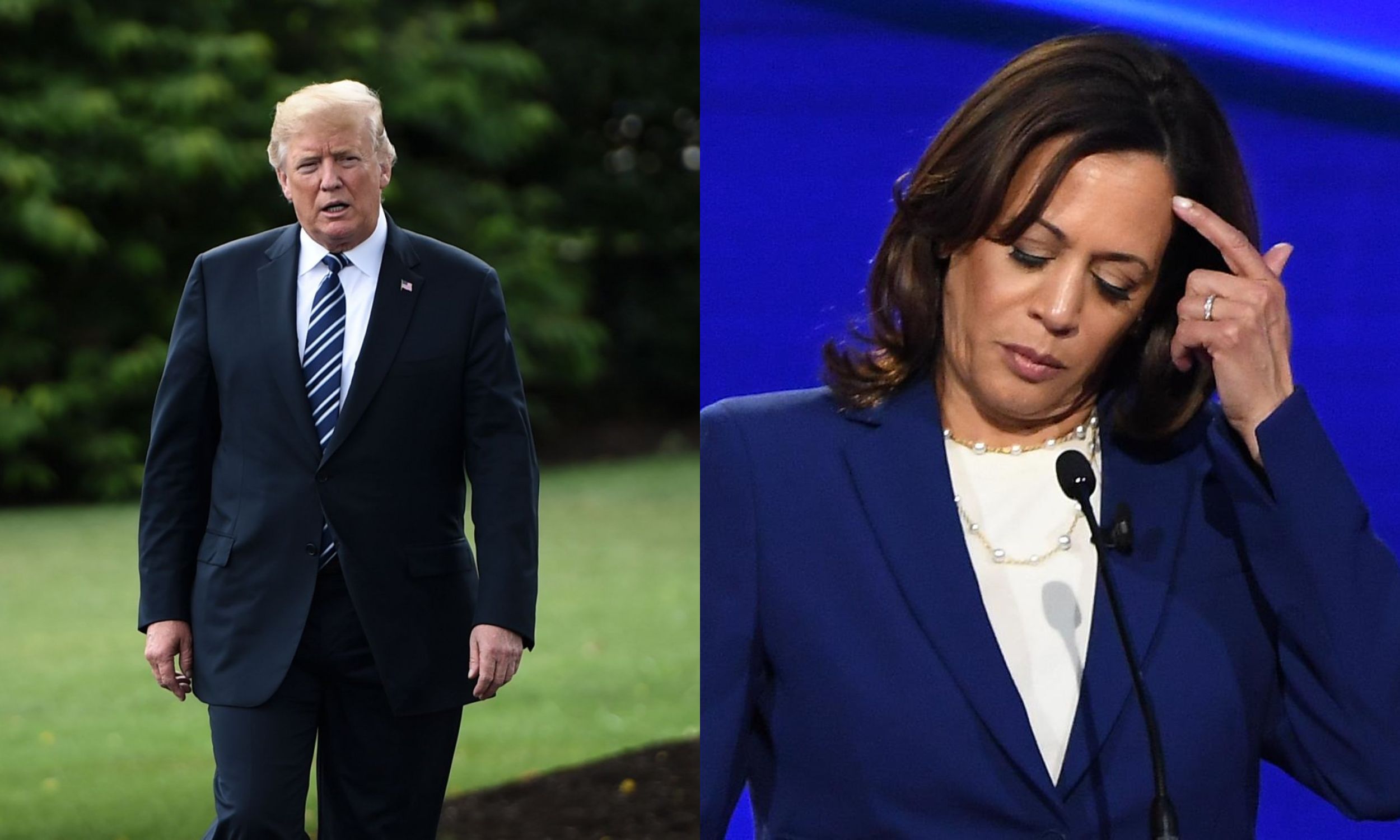As the presidential race heats up, both the Trump-Vance and Harris-Walz campaigns are starting to focus on trade policy. Each side is promising to boost American manufacturing through tariffs, yet neither has addressed the need to open foreign markets to U.S. exports.
For eight years, both parties have relied on tariffs as a fix without addressing broader trade strategy. Now, it’s crucial for both Trump and Harris to clarify their plans for revitalizing U.S. trade policy.

Trump and Harris show little difference when it comes to tariffs. A recent CNBC headline suggested that while Trump might take a more aggressive stance, Harris would also maintain a tough position. Trump’s proposal of a 10 percent tariff and a 60 percent tariff on Chinese imports would likely harm the U.S. economy, and Harris’s approach seems unlikely to be any more selective, given her continuation of Trump-era tariffs on China and “green” products.
Both candidates are also skeptical of traditional trade agreements. Trump pulled the U.S. from the Trans-Pacific Partnership, pursued bilateral deals, and replaced NAFTA with the US-Mexico-Canada Agreement, focusing on limited commitments rather than comprehensive trade barrier reductions. Harris, having voted against NAFTA and the Trans-Pacific Partnership, might prioritize environmental aspects over market access, which could undermine any potential trade deal.
Regarding enforcement of U.S. exporter rights, Trump has been more proactive, filing numerous complaints at the World Trade Organization and opposing intellectual property waivers. The Biden administration has reduced trade enforcement and weakened key reports on intellectual property.
With growing public dissatisfaction over tariffs and Congress’s push for traditional trade agreements and strong digital trade policies, both candidates need to address these issues directly. U.S. trade policy has lacked direction, and it’s time for Trump and Harris to present clear strategies for advancing U.S. interests globally.


